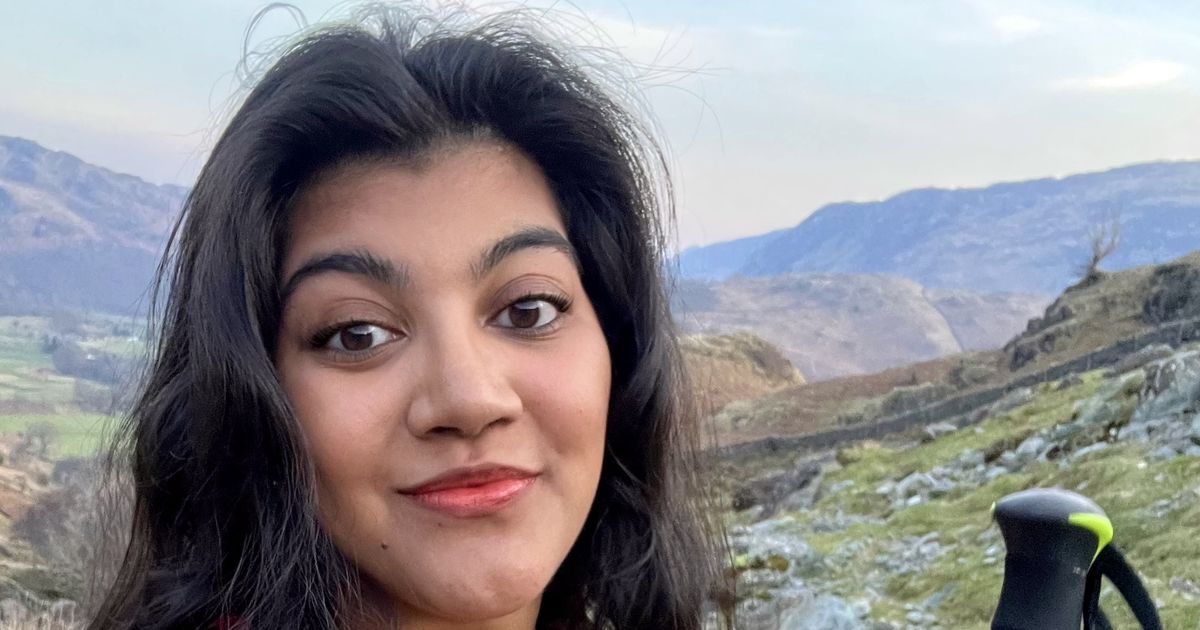What these young people face ‘during these years can derail milestones like leaving home, forging independence, or maintaining friendships’, say experts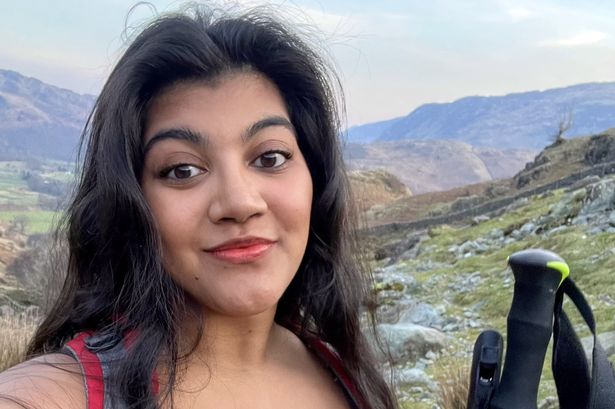 Demisha Patel was diagnosed with a brain tumour at just 23(Image: The Christie/Handout)
Demisha Patel was diagnosed with a brain tumour at just 23(Image: The Christie/Handout)
At just 23, she was supposed to be living out the most carefree years of her life. But instead, Demisha Patel faced devastating news.
“I had a constant headache on the left side of my head from my temple to the back of my head, I was confused a lot of the time,” shared Demisha, from Bolton. “What I wanted to say and what I did say were two completely different things.
“My mum had to assist me with everyday life. Before going into hospital, I was throwing up every meal, constantly sleeping to take the pain away, as I still had a constant headache on my left side.
“I didn’t actually know [what was happening] until the third time going into A&E someone finally listened, and I had a scan which showed what was going on.”
In April 2023, Demisha was told that she had a brain tumour. She was thrown into all the well-known challenges that come with a life-changing diagnosis, including the physical challenges of gruelling treatment.
But one of the most difficult experiences she was forced to grapple with was happening inside her mind. “I felt like my mind was a bit crazy,” said Demisha, now aged 25. “I had intense anxiety at the time.”
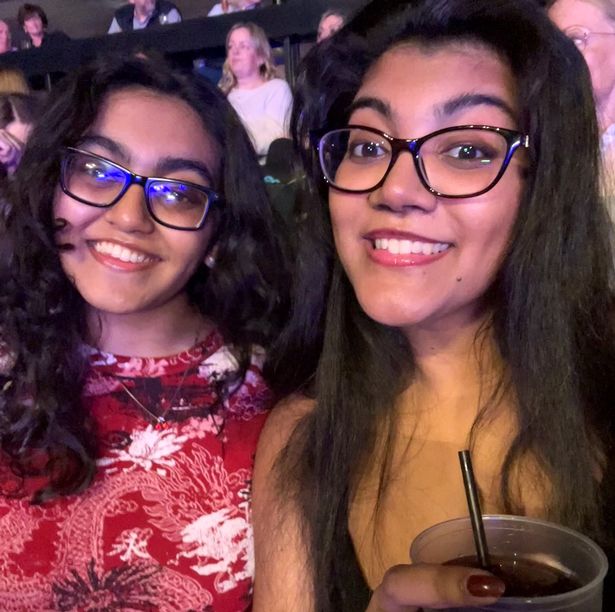 Demisha faced the huge challenges experienced by young people diagnosed with cancer(Image: The Christie/Handout)
Demisha faced the huge challenges experienced by young people diagnosed with cancer(Image: The Christie/Handout)
Demisha’s mental struggles as she tried to cope with the stresses of treatment were not unique. And at her age, she fell into the group of patients aged 16 to 25 who have some of the ‘poorest outcomes’, say experts.
Dr Louise Robinson, Macmillan consultant clinical psychologist, says: “Receiving a cancer diagnosis at such a formative stage of life can be deeply traumatic. Many young people feel their lives are put on hold – whether that’s pausing university, work, or simply losing their independence.”
At The Christie cancer hospital in Manchester, a crucial service is helping people like Demisha with their mental battle, as well as their physical one.
The Christie operates a psychological service, which teaching assistant and pole instructor Demisha used to help with the emotional toll of navigating her brain tumour during such a critical stage of her development. Dr Robinson is among the psychologists providing vital therapy for young people aged 16 to 24 facing cancer.
The hospital’s bespoke teenage and young adult (TYA) unit’s psychological service provided Demisha with support to help regain a sense of control.
Demisha explained: “I had weekly sessions which helped my intense anxiety at the time. I found a lot of comfort speaking to someone about how I felt, which was different to talking to my family. It was so nice to have a ‘safe space’ talking to Louise. She was good at bringing me back to the ‘right now’ when I felt like my mind was a bit crazy.”
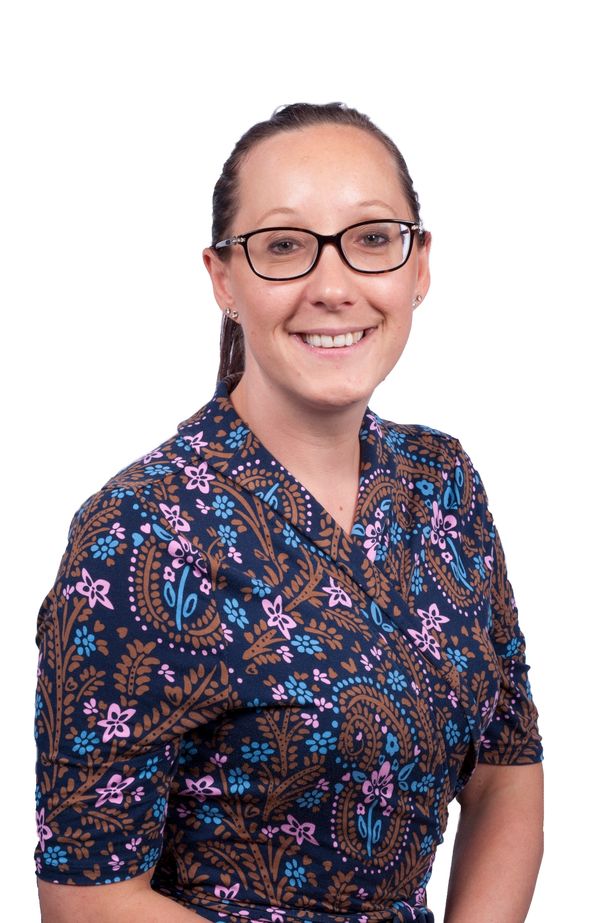 Hanna Simpson, lead nurse of The Christie’s teenage and young adult unit’s psychological service(Image: The Christie/Handout)
Hanna Simpson, lead nurse of The Christie’s teenage and young adult unit’s psychological service(Image: The Christie/Handout)
The service is unique to the needs of young patients because their experiences and challenges differ so much from adults. Hanna Simpson, the TYA directorate lead nurse, explained: “We know that cancer in young people and outcomes for those aged 16 to 25 are some of the poorest. It’s well-documented and that age-specific support and environment improves those outcomes.
“At this age, patients can struggle to access clinical trials. Treatments are constantly evolving, but at this age they are neither adult nor child.”
Having cancer in one part of the body can spread into every aspect of life, from troubles with body image, dealing with education while undergoing treatment, trying to get steady employment.
The nurse continued: “Cancer during these years can derail milestones like leaving home, forging independence, or maintaining friendships.
“The psychological impact can include feelings of isolation, anxiety, and even long-term trauma, and in some cases, issues such as fertility or personality changes due to the effects of treatment.
“This psychological service is about more than mental health support – it’s about giving young people the tools to regain a sense of control, overcome obstacles, and rebuild their lives in the face of an extraordinary challenge.”
For patients like Demisha, who have brain tumours, these challenges are further complicated by neurocognitive impairments caused by treatment, affecting education, self-esteem, and daily life.
The psychological service provides tailored one-to-one therapy, group support, and guidance specifically aimed at young people to help them navigate the profound impact cancer can have on their mental health, independence, and life goals. That can mean learning how to talk to their friends and family about what they are going through, how to process information, or how to develop coping mechanisms.
It can also be practical support in getting a job, financial management, and help with fertility.
The team also runs an outreach service to care for young people who might be being treated in other hospitals.
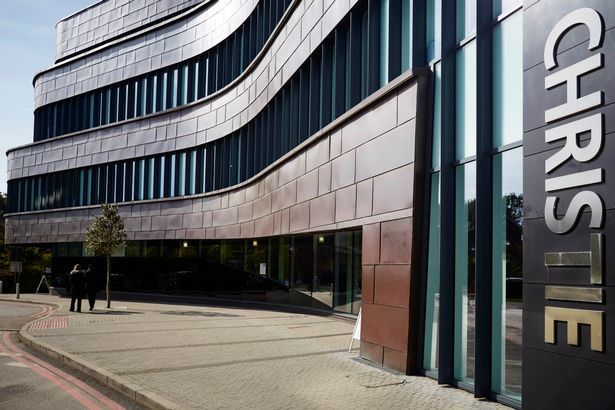 The Christie Hospital
The Christie Hospital
Youngsters need to be surrounded by people their own age going through the same thing and can ‘help normalise’ an unthinkably ‘difficult start in life’. But that can lay bare the reality of their future, as they may have to watch their friends deteriorate or even die.
“These young people are facing their own mortality at such a young age and that’s very significant,” explains Ms Simpson. “Young people gravitate towards their own peers and it’s important to hold those friendships.
“It’s about being open and honest, and they are able to have these conversations.”
The service helps young patients to visit their friends, and to take part in annual reflections of those who have tragically died.
The psychological service also gives support to nurses, consultants and staff who work closely with these patients, helping them cope with the emotional challenges of their roles.
Thankfully, Demisha’s treatment was successful, and she has now returned to her work at a primary school. “I still have scans every six months at The Christie,” Demisha shared. “Since I stopped my treatment, I have been putting into practice lots of the advice that Louise gave me during the sessions we had.
“I would definitely recommend this psychological service to anyone who faces the challenges of a cancer diagnosis.”
The service is funded by The Christie Charity, which supports the work of The Christie hospital.
